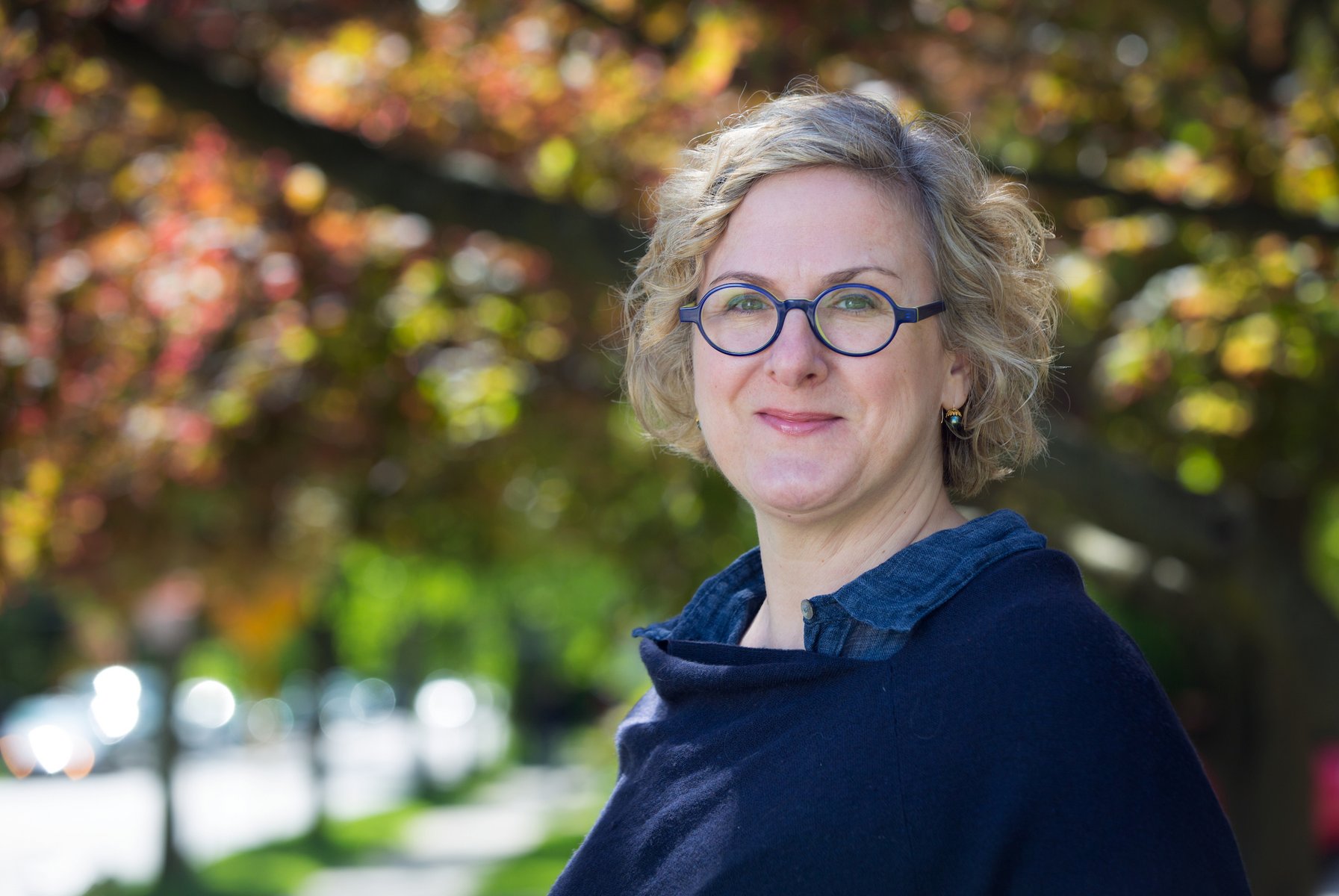Polish Music Specialist Barbara Milewski Receives Fellowship with U.S. Holocaust Memorial Museum

“The fellowship provides the opportunity for me to spend four months back at the Holocaust Museum with the Aleksander Kulsiewicz Collection to complete the final two chapters of a book that I've been working on for a very long time,” says Milewski.
Daniel Underhill Professor of Music Barbara Milewski has been awarded the Joyce and Arthur Schechter Fellowship at the United States Holocaust Memorial Museum’s Jack, Joseph, and Morton Mandel Center for Advanced Holocaust Studies.
The fellowship, on which she embarks this fall, is given “to support significant research and writing about the Holocaust and related topics for projects that will benefit from a period of residence at the Museum and access to its resources.”
Milewski, a Polish music specialist, has focused extensively on questions of national identity and memory in the music of Chopin; songs created in the Nazi concentration camps; and the music of Poland's iconic postwar film, Zakazane piosenki (Forbidden Songs, 1947), for which she also created the complete English subtitles for the original uncensored version of the film.
With her fellowship, Milewski will have the required resources and time to finish her manuscript, provisionally titled The Corpse-Carrier’s Tango and Other Songs of the Living.
“The fellowship provides the opportunity for me to spend four months back at the Holocaust Museum with the Aleksander Kulsiewicz Collection to complete the final two chapters of a book that I've been working on for a very long time,” says Milewski.
Her work examines the culture of music-making by prisoners in the Nazi camps — music made by prisoners for prisoners, sometimes clandestine, sometimes sanctioned by the camp command. This unofficial music of the camps, created across the Nazi camp complex by amateur and professional musicians alike, remains underexplored, Milewski says.
“The music reveals to us ways in which prisoners exercised agency when possible,” she adds. “I'm looking at community formation and community music-making as a means of survival.”
“The repertoire that I am writing about is predominantly what we would call topical songs,” says Milewski. “Another term for this repertoire is parody songs: songs created by taking pre-existing melodies, often those of popular songs, and setting new texts to these familiar tunes.”
For prisoners, there were various reasons to engage in this sort of music-making. Doing so was a chance to preserve one’s humanity, or a chance to engage in activities of the heart and mind when opportunity allowed.
“It was also a way of documenting what prisoners experienced — a form of witnessing, or an aid to processing trauma” says Milewski. “It could also provide a means to console one's friends.”
These topical songs were not intended for the concert hall, she says. They were ephemeral, made to meet the particular needs of a moment in time, whether that was to offer comfort or uplift.
Milewski received a Ph.D. from the music department of Princeton University. Her work has been supported by fellowships and prizes awarded by the National Endowment for the Humanities, the Fulbright Scholar Program, the American Musicological Society, the U.S. Department of Defense, the Polish Institute of Arts and Sciences of America, and the Kosciuszko Foundation. Since 2004, she has taught a range of music history courses, including her popular “Music and War” course, which considers music’s various roles and meanings across the two world wars of the 20th century, and is eligible for the program in Peace & Conflict Studies.


